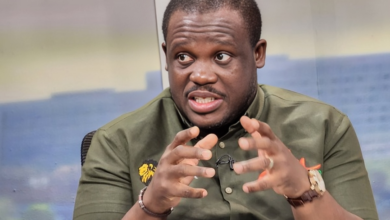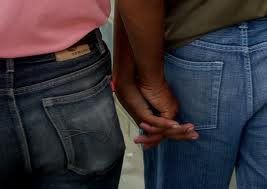Top 5 Ghanaian rappers who master English lyrics with Ease
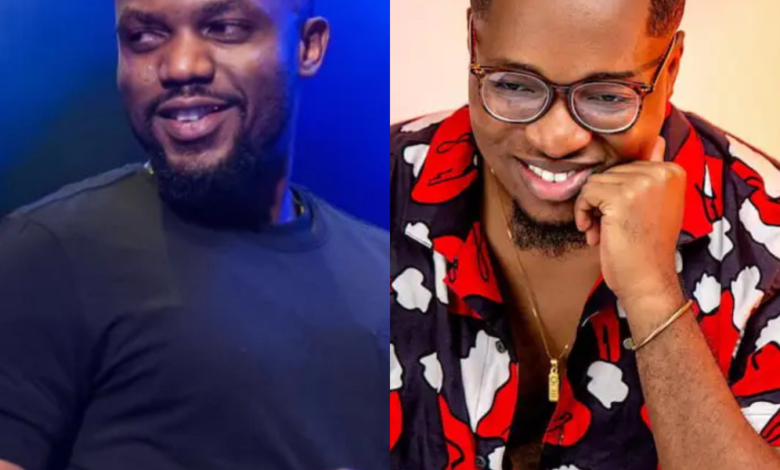
For decades, hiplife has dominated GhanaŌĆÖs rap scene, with Twi and other indigenous languages serving as the primary medium of expression.
From ObrafourŌĆÖs poetic lyricism to SarkodieŌĆÖs rapid-fire Twi bars, the genre has thrived on linguistic identity.
However, a distinct group of Ghanaian rappers has dared to chart a different courseŌĆörapping fluently in English and proving that Ghanaian hip-hop can compete on any global stage.
While English rap has often been viewed as an outlier in a country where indigenous languages hold cultural significance in music, these artists have defied the norm.
TheyŌĆÖve mastered the art of storytelling, wordplay, and lyricismŌĆöwithout losing the authenticity of their Ghanaian identity.
HereŌĆÖs a look at five rappers who have excelled in English rap despite hailing from a predominantly Twi-speaking rap culture.
M.anifest is arguably the most celebrated English rapper in Ghana. A wordsmith with an extensive vocabulary and intellectual lyricism, he blends deep social commentary with witty punchlines. From tracks like┬ĀNo Shortcut to Heaven┬Āto┬ĀBear, his poetic flow sets him apart as an elite rapper with a global appeal.
M.anifest
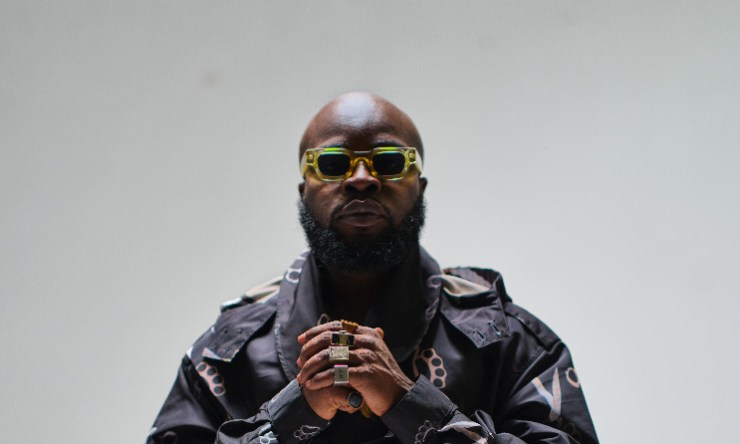
M.anifest has never conformed to mainstream Hiplife conventions. Instead, he crafts thought-provoking verses that showcase his grasp of English while infusing elements of his Ghanaian roots. His command over the language has also earned him international collaborations, including working with Damon Albarn, Burna Boy, and Vic Mensa.
Omar Sterling

Known initially as Paedae, Omar SterlingŌĆöone half of R2BeesŌĆöhas carved a niche for himself as a master of philosophical and introspective rap. While his groupmate Mugeez leads with melodious hooks in Twi, Omar Sterling prefers to rap in English, often diving deep into themes of success, struggle, and self-belief.
Songs like┬ĀVictory Through Harmony┬Āand┬ĀExotic Flow┬Āhighlight his ability to weave compelling narratives through rap. His laid-back delivery and introspective style have earned him a cult following, proving that English rap can resonate just as deeply as its indigenous counterparts.
Kojo Cue

While Kojo Cue is known for blending Twi and English in his music, his English rap skills are top-tier. His ability to switch seamlessly between both languages makes him one of GhanaŌĆÖs most versatile rappers.
A keen storyteller, Kojo CueŌĆÖs verses in English often carry depth and raw emotion. Tracks like┬ĀYou Alone┬Āand┬ĀWo Nsa Be Ka┬Āshowcase his lyrical dexterity, proving that English rap in Ghana is not just about sounding ŌĆ£foreignŌĆØ but about crafting meaningful narratives.
EL
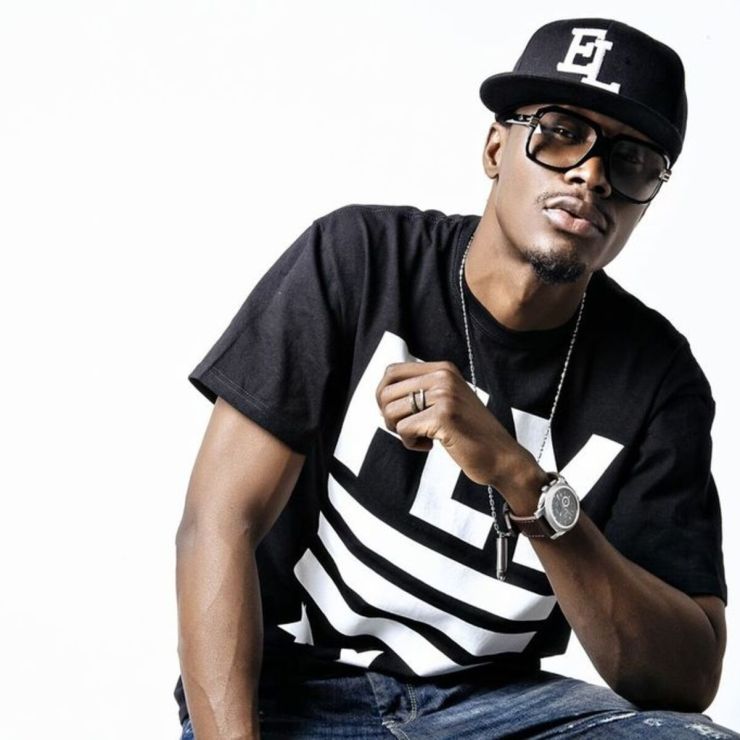
E.L is a household name in Ghana, not just for his rap skills but for his ability to produce, sing, and perform across multiple genres. While he occasionally infuses Ga and Pidgin into his lyrics, his English rap delivery is nothing short of phenomenal.
As the mind behind hits like┬ĀThe BAR series,┬ĀState of the Nation, and┬ĀOverdose, E.L has built a reputation as one of the best English-speaking rappers in Ghana.
His ability to spit complex rhymes while keeping his sound commercially appealing sets him apart. His ŌĆ£Best African RapperŌĆØ (BAR) mixtape series has particularly solidified his status as one of GhanaŌĆÖs finest lyricists in English.
Lyrical Joe
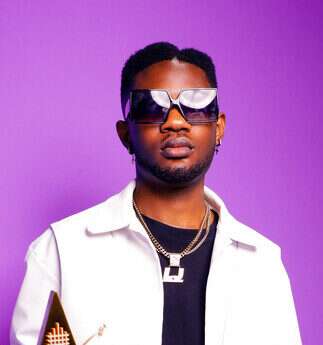
If thereŌĆÖs one rapper in Ghana who pushes the boundaries of English rap with intricate wordplay, itŌĆÖs Lyrical Joe. His delivery is razor-sharp, his metaphors are layered, and his freestyle ability is unmatched.
Songs like┬Ā5th August┬Āand┬ĀSelf┬Āare testaments to his technical prowess, with rapid flows that could easily stand alongside international heavyweights. Lyrical JoeŌĆÖs confidence in English rap is a testament to how Ghanaian rappers can thrive without relying on indigenous languages.
Defying the odds: English rap in a hiplife-dominated industry
The success of these rappers proves that while Twi and other local languages remain dominant in Ghanaian rap, English rap has carved out its own space. These artists have redefined the industryŌĆÖs perception of language, showing that fluency in English does not dilute their Ghanaian identity.
By rapping in English, they have positioned themselves┬Āfor international recognition, bridging the gap between GhanaŌĆÖs music scene and the global hip-hop community. Their ability to maintain their authenticity while embracing a broader audience is a┬Ātestament to their skill, resilience, and innovation.

